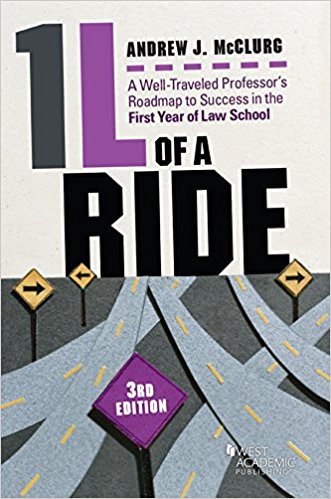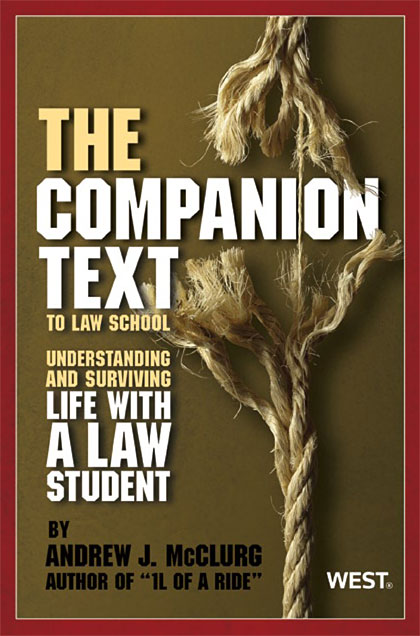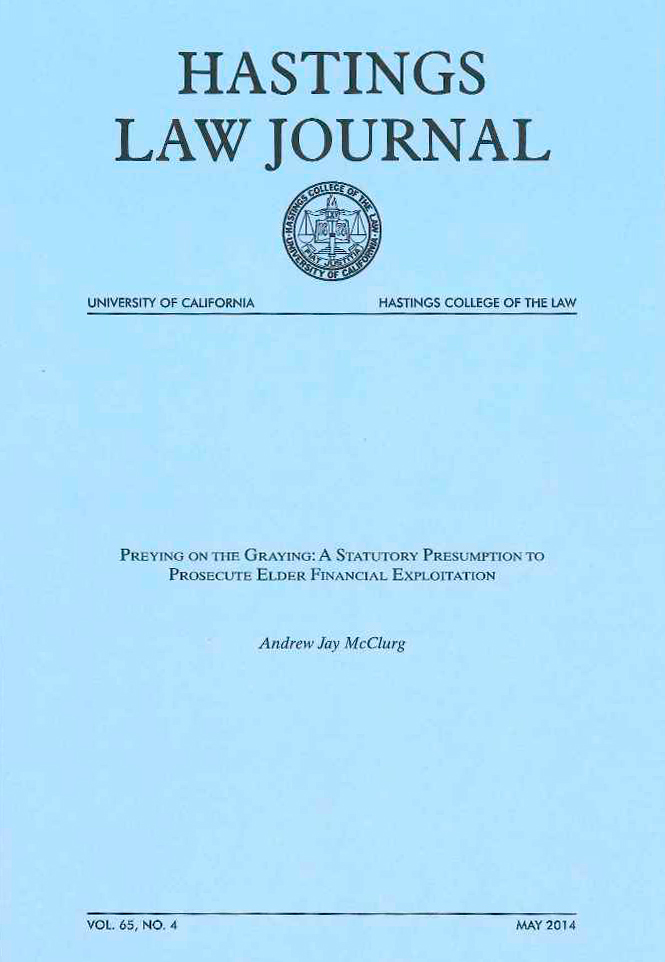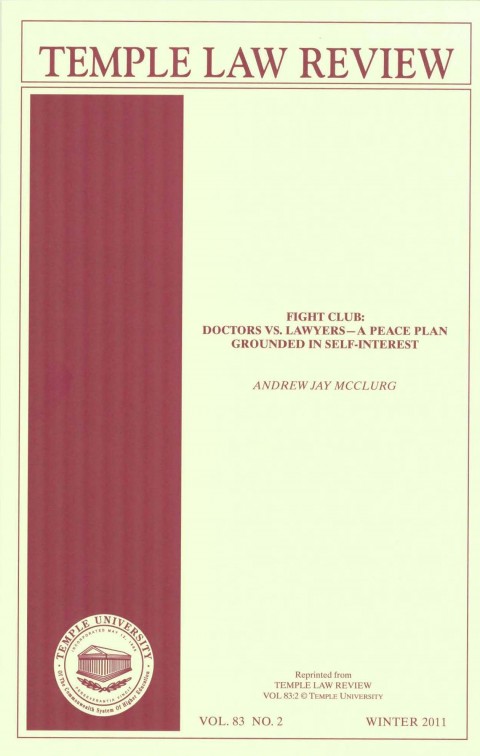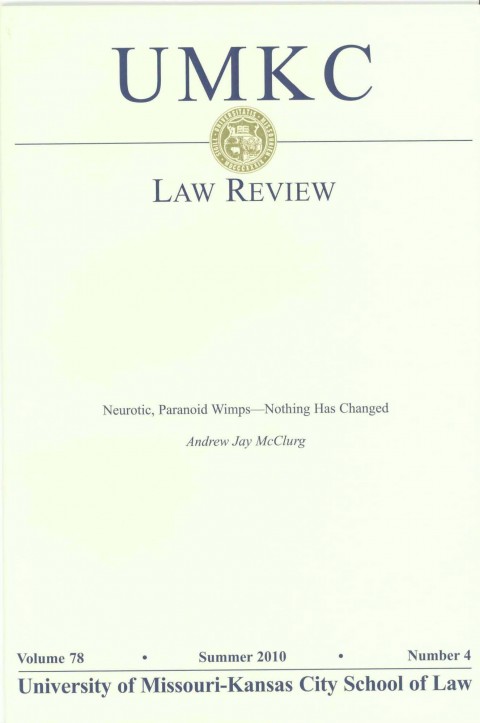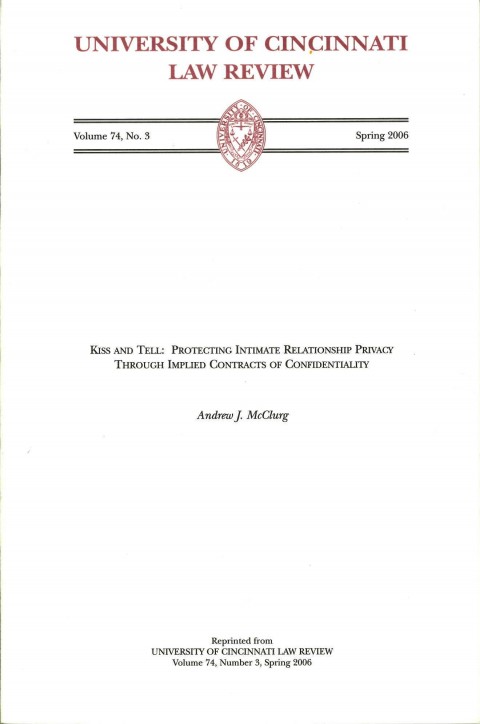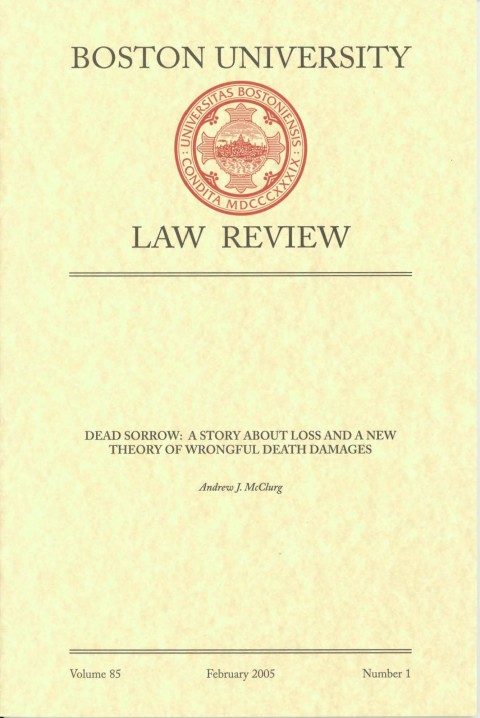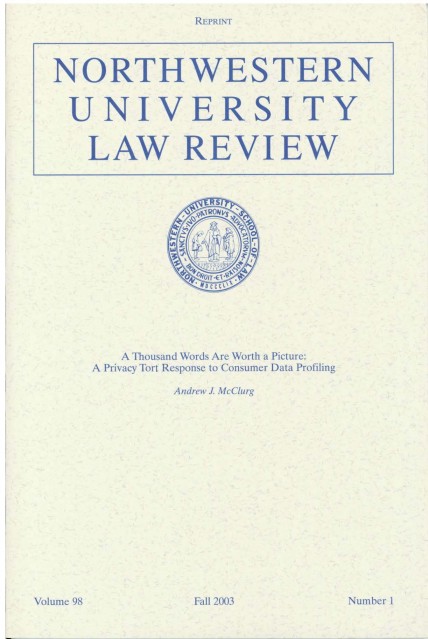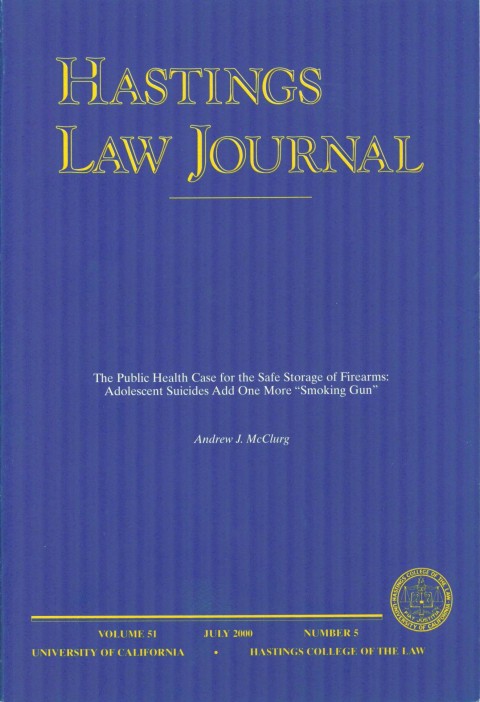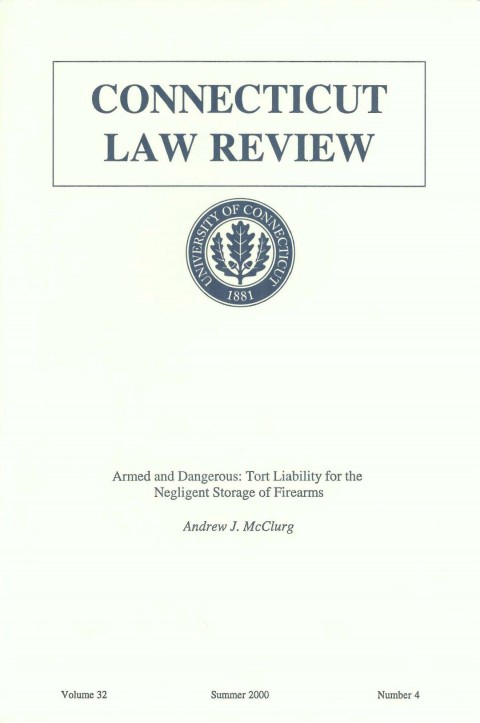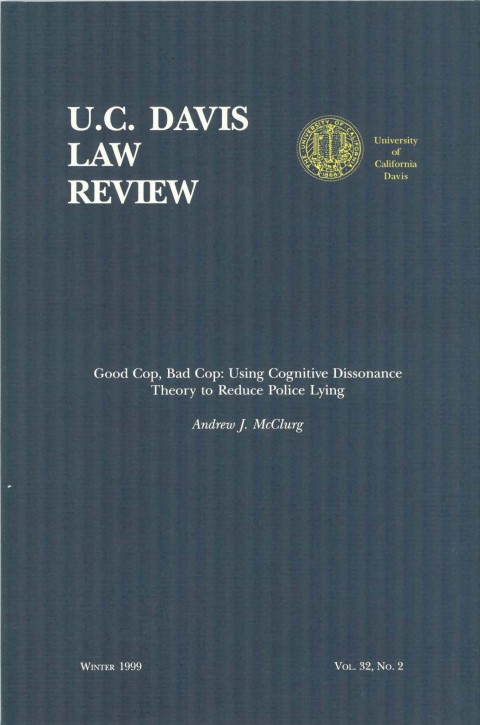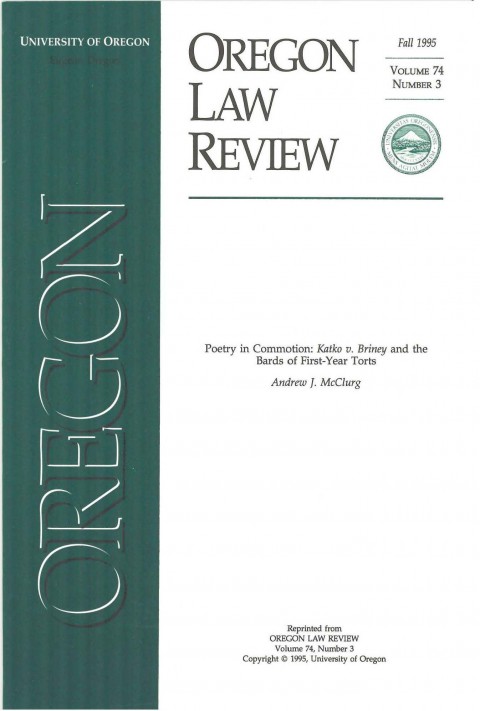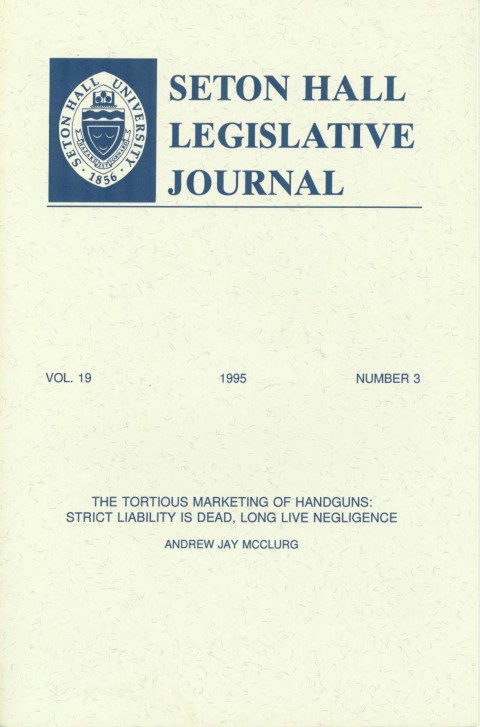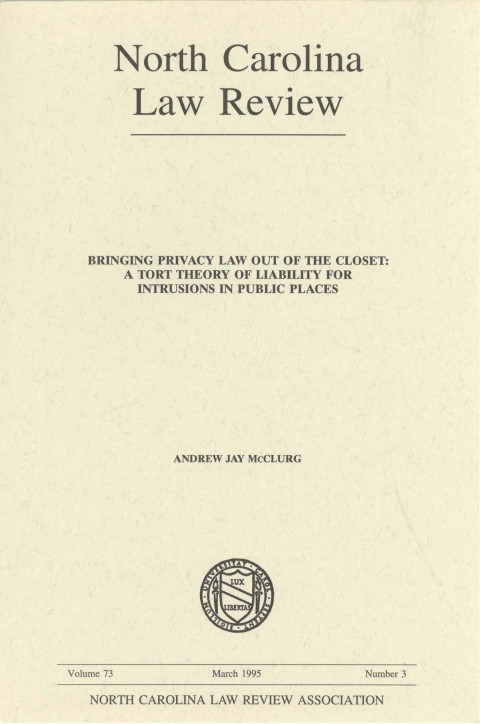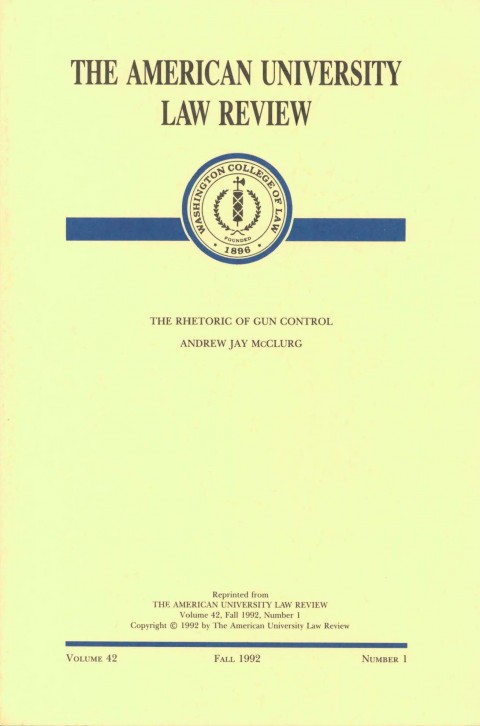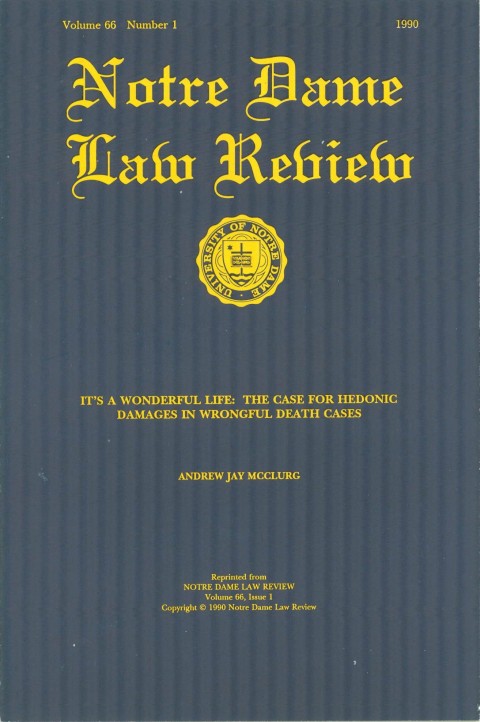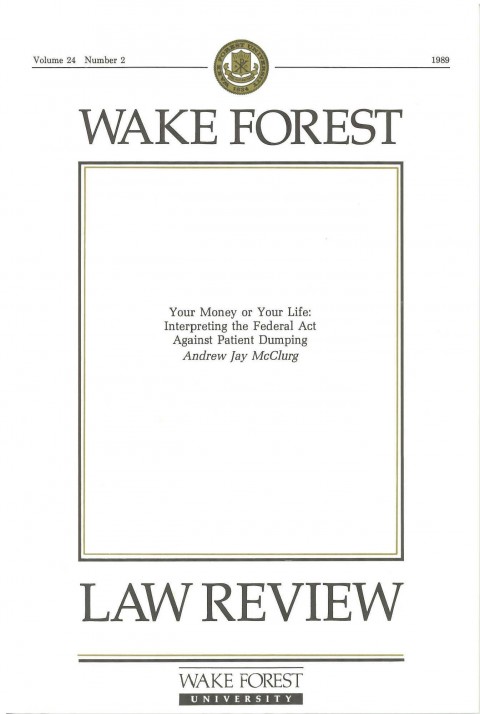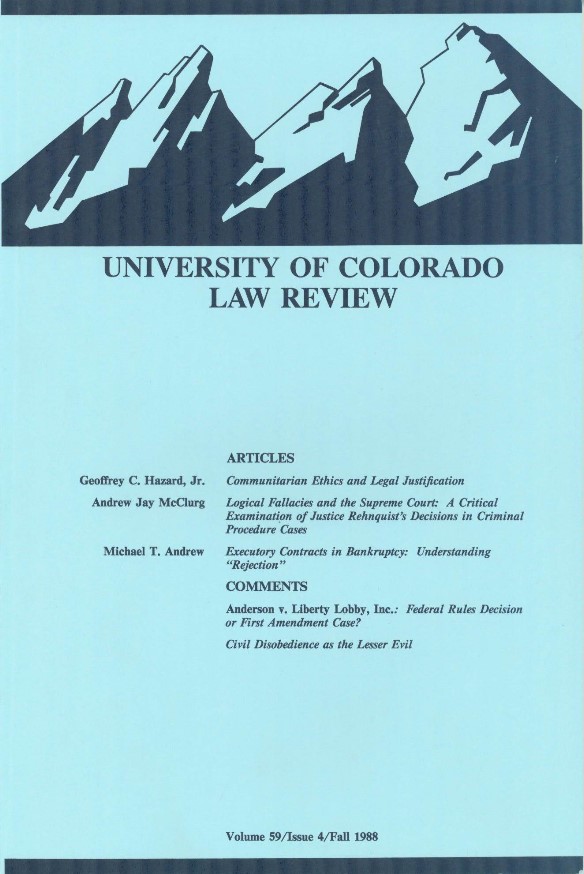May 27th, 2012  Bird expert "thinks" this might be a bird. In U.S. v. Byrnes, the defendant was convicted of making false statements to a grand jury investigating illegal trafficking in exotic birds. The issue involved the materiality of statements as to whether some illegally imported swans and geese were dead or live when the defendant received them.
To bolster its case, the government called a collector of Australian parrots who testified the defendant had delivered some swans and geese to her. Defense counsel cross-examined the witness, an immigrant from Germany who had difficulty speaking English, in an apparent effort to challenge her credibility as a bird expert. Here’s the interesting colloquy:
Q. Mrs. Meffert, do you recall testifying yesterday about your definition of birds?
A. Yes.
Q. And do you recall that you said that the swans and geese were not birds?
A. Not to me.
Q. What do you mean by that, “not to me?”
A. By me, the swans are waterfowls.
Shortly thereafter, Mrs. Meffert was cross examined as follows:
Q. Are sparrows birds?
A. I think so, sure.
Q. Is a crow a bird?
A. I think so.
Q. Is a parrot a bird?
A. Not to me.
Q. How about a seagull, is that a bird?
A. To me it is a seagull, I don’t know what it is to other people.
Q. Is it a bird to you as well or not?
A. To me it is a seagull. I don’t know any other definition for it.
Q. Is an eagle a bird?
A. I guess so.
Q. Is a swallow a bird?
A. I don’t know what a swallow is, sir.
Q. Is a duck a bird?
A. Not to me, it is a duck.
Q. But not a bird.
A. No, to other people maybe.
The government stipulated that swans and geese are birds.
Because it makes me laugh every time I read it, this opinion gains entry to the Strange Judicial Opinions Hall of Fame.
— United States v. Byrnes, 644 F.2d 107, 110 n.7 (2nd Cir. 1981). Thanks to Walter Fitzpatrick.
April 4th, 2012  “Excuse me, I’d like to have a few words with you about the litter box issue.” Miles v. City Council of Augusta, GA—starring “Blackie the Talking Cat”—is our kind of case: completely WEIRD, so weird that it qualifies for Lawhaha.com’s Strange Judicial Opinions Hall of Fame.
The plaintiffs, Carl and Elaine Mills, were an unemployed, married couple who owned Blackie, a cat who could allegedly speak English. The plaintiffs were entrepreneurs in the true American mold, making their entire living marketing Blackie’s unique vocal abilities to the public. Although the closest Blackie ever came to making the big time was a $500 appearance on “That’s Incredible” in 1980, he generated steady income for Carl and Elaine by talking to strangers on the street in return for contributions.
After receiving complaints, the Augusta Police Department warned Carl and Elaine that they needed to obtain a business license to continue peddling Blackie’s talents on the streets of Augusta. Plaintiffs sued the city, alleging the occupational license tax was unconstitutional.
The whole opinion is interesting, but the craziest part was the trial judge’s disclosure in a footnote of an ex parte street encounter with Blackie (some paragraph breaks inserted):
In ruling on the motions for summary judgment, the Court has considered only the evidence in the file. However, it should be disclosed that I have seen and heard a demonstration of Blackie’s abilities.
The point in time of the Court’s view was late summer, 1982, well after the events contended in this lawsuit. One afternoon when crossing Greene Street in an automobile, I spotted in the median a man accompanied by a cat and a woman. The black cat was draped over his shoulder. Knowing the matter to be in litigation, and suspecting the cat was Blackie, I thought twice before stopping. Observing, however, that counsel for neither side was present and that any citizen on the street could have happened by chance upon this scene, I spoke, and the man with the cat eagerly responded to my greeting.
I asked him if his cat could talk. He said he could, and if I would pull over on the side street he would show me. I did, and he did. The cat was wearing a collar, two harnesses and a leash. Held and stroked by the man Blackie said “I love you” and “I want my Mama.”
The man then explained that the cat was the sole source of income for him and his wife and requested a donation which was provided. I felt that my dollar was well spent …
I never understood why a cat that could talk didn’t become more famous.
— Miles v. City Council of Augusta, Ga., 551 F. Supp. 349, 350 n.1 (S.D. Ga. 1982). Thanks to Richard McKewen.
April 1st, 2012 A pro se litigant in Arkansas appealed a trial court decision granting custody of her child to the biological father and ordering that the child’s birth name be changed. The trial court granted the custody change and ordered the child’s name be changed to “Samuel Charles.” Not a bad name, but why order a change? Personally, I liked the original name: “Weather’By Dot Com Chanel Fourcast.”
For making us laugh out loud, this order gets into the Strange Judicial Opinions Hall of Fame.
Here’s the colloquy in which the perplexed trial judge asked the mother to explain the child’s birth name:
The Court: I simply do not understand why you named this child — his legal name is Weather’By Dot Com Chanel Fourcast Sheppard. Now, before you answer that, Mr. – the plaintiff in this action is a weatherman for a local television station?
Sheppard: Yes.
The Court: Okay. Is that why you named this child the name that you gave the child?
Sheppard: It – it stems from a lot of things.
The Court: Okay. Tell me what they are.
Sheppard: Weather’by — I’ve always heard of Weatherby as a last name and never a first name, so I thought Weatherby would be — and I’m sure you could spell it b-e-e or b-e-a or b-y. Anyway, Weatherby.
The Court: Where did you get the “Dot Com”?
Sheppard: Well, when I worked at NBC, I worked on a Teleprompter computer.
The Court: All right.
Sheppard: All right, and so that’s where the Dot Com [came from]. I just thought it was kind of cute, Dot Com, and then instead of — I really didn’t have a whole lot of names because I had nothing to work with. I don’t know family names. I don’t know any names of the Speir family, and I really had nothing to work with, and I thought “Chanel”? …
The Court: Well, where did you get “Fourcast”?
Sheppard: Fourcast? Instead of F-o-r-e, like your future forecast or your weather forecast, F-o-u, as in my fourth son, my fourth child, Fourcast. It was —
The Court: So his name is Fourcast, F-o-u-r-c-a-s-t?
Sheppard: Yes.
The Court: All right. Now, do you have some objection to him being renamed Samuel Charles?
Sheppard: Yes.
The Court: Why? You think it’s better for his name to be Weather’by Dot Com Chanel —
Sheppard: Well, the —
The Court: Just a minute for the record.
Sheppard: Sorry.
The Court: Chanel Fourcast, spelled F-o-u-r-c-a-s-t? And in response to that question, I want you to think about what he’s going to be — what his life is going to be like when he enters the first grade and has to fill out all [the] paperwork where you fill out — this little kid fills out his last name and his first name and his middle name, okay? So I just want – if your answer to that is yes, you think his name is better today than it would be with Samuel Charles, as his father would like to name him and why. Go ahead.
Sheppard: Yes, I think it’s better this way.
The Court: The way he is now?
Sheppard: Yes. He doesn’t have to use “Dot Com.” I mean, as a grown man, he can use whatever he wants.
The Court: As a grown man, what is his middle name? Dot Com Chanel Fourcast?
Sheppard: He can use Chanel, he can use the letter “C.”
The Court: And when he gives his Birth Certificate — is it on his birth certificate as you’ve stated to the Court? Does his Birth — does this child’s Birth Certificate read “Weather’by Dot com” —
Sheppard: That’s how I filled out the paperwork for his —
The Court: — Chanel Fourcast?
Sheppard: Yes, and for his Social Security card, I filled it out as Weather’by F. Sheppard.
The Court: All right.
The Arkansas court of appeals upheld the trial judge’s ruling based largely on its finding that the birth name could subject the child to embarrassment.
— Sheppard v. Speir, 157 S.W.3d 583, 587–88 (Ark. Ct. App. 2004). Thanks to David Eanes.
November 26th, 2011 Or maybe not. A pro se litigant filed a Notice of Appeal in the U.S. District Court for the Western District of Washington stating:
I hereby am informing you that I am appealing the a****** Ronald B. Leighton’s decision in this matter.
You have been hereby served notice. You’re not getting away with this s*** that easy.
Signed this 10th day of July 2006
George C. Swinger, Jr.
Plaintiff/Pro Se
— Swinger v. Cole, Case No. 3:04-CV-05348-RBL (W.D. Wash. July 12, 2006). Thanks to Scott Cole.
November 26th, 2011 Thanks to Oregon Circuit Judge G. Philip Arnold for sending us Franklin v. Oregon. The opinion details the plight of Oregon federal district Judge James M. Burns and a unique prison inmate named Harry Franklin back in 1983. Their longterm relationship was on the rocks when Burns penned these opening words:
This is another chapter in the Harry Franklin saga. No longer am I tempted to call it the final chapter, as desirable as that would be to me. I mention mournfully that only the finality of death—his or mine—would enable the other of us to use the term “final” in that way. And, of course, if mine comes first, I have no doubt that another judge will someday express lamentations such as these.
Franklin was a prolific inmate litigator. Burns had already dismissed 37 cases he filed, only to receive two dozen more. These were on top of 45 other lawsuits filed by the inmate, which were dealt with by a different judge.
Here are some of the claims Judge Burns had to contend with:
– A claim for $3 million damages for mental frustration suffered by Franklin when a Portland television station allegedly misidentified a “14 wheeler tractor and trailer rig” as an “18 wheeler.”
– A claim for “Harassment by Water” arising from the Oregon State Prison’s sprinkling of the prison yard during summer months, which prevented Franklin from finding a dry place to lie down.
– A claim that the Oregon State Prison wrongfully bakes its desserts in aluminum rather than stainless steel pans.
How did the inmate decide which of his claims had merit? In his words:
FN1. “The Lord spoke to me, and he told me to file these lawsuits and said, ‘You will win big in your lawsuits,’” the heavy-set, white haired convict said. “He showed me an enormous elephant. He said that the elephant represents the big, gray courts, which is the government. Anyway, I was leading this elephant through every section of this penitentiary,” he said. “I was writing on a yellow legal pad. Each place we came to I’d jot something down and slap the sheet onto the elephant. And they all stuck. The Lord told me the sheets were suits. I never could get over that monstrous elephant.”
— Franklin v. Oregon, 563 F. Supp. 1310, 1316–17 & n.1 (D. Or. 1983). Thanks, Judge.
November 24th, 2011  A $600,000 jury verdict for losing psychic powers sounds ridiculous, and likely the grossly misunderstood McDonald’s coffee spill case, Haimes v. Temple University has been abused as a tool to whip up on trial lawyers and the tort system. But as with the McDonald’s case, Haimes got twisted in the telling. A $600,000 jury verdict for losing psychic powers sounds ridiculous, and likely the grossly misunderstood McDonald’s coffee spill case, Haimes v. Temple University has been abused as a tool to whip up on trial lawyers and the tort system. But as with the McDonald’s case, Haimes got twisted in the telling.
Plaintiff Judith Richardson Haimes brought a medical malpractice action against defendant after a CT scan allegedly caused her chronic and disabling headaches and prevented her from practicing her occupation as a psychic. A jury awarded her $600,000 after a four-day trial.
Wow! But pro-tort reform accounts of the case omit two critical facts. First, that the trial judge specifically instructed the jury it could NOT award damages for loss of her psychic abilities, and, second, that the court threw out the plaintiff’s verdict.
Having cleared that up, the most interesting part of the case was the testimony pertaining to her psychic abilities. The plaintiff presented several police officers as witnesses who testified that plaintiffs’ psychic abilities had helped them solve cases. One special agent testified that he sought plaintiff’s advice in solving five to seven homicide cases and that information provided by plaintiff proved to be 80-90 percent accurate. The opinion describes detailed information plaintiff provided to help solve a variety of cases. It’s interesting.
— Haimes v. Temple University Hosp., 39 Pa. D. & C.3d 381 (Pa. Ct. Com. Pl. 1986). Thanks to Cynthia Cohan.
November 24th, 2011  George W. Bush -- Sued by whales. Lawhaha.com obviously has great fondness for judges who liven up their opinions with humor and other writing spice, but a case from the U.S. Court of Appeals for the Ninth Circuit shows why judges need to exercise care in stirring in these ingredients.
In a suit brought against George W. Bush and Donald Rumsfeld on behalf of all whales, dolphins, and porpoises, the Ninth Circuit had to decide whether animals have standing to sue on their own behalf under the Endangered Species Act and other federal statutes.
The plaintiff was “the Cetacean Community,” a name chosen by the Cetaceans’ self-appointed attorney for all of the world’s whales, porpoises, and dolphins. The Cetaceans challenged the U.S. Navy’s use of low frequency sonar used to detect enemy submarines because the sonar harms marine life.
Bush and Rumsfeld moved to dismiss on the ground that the animals lacked standing to bring suit. The district court agreed and dismissed the action.
The animals appealed, relying on a statement made in a previous environmental case—Palila v. Hawaii Dep’t of Land and Natural Resources—in which the Ninth Circuit had indicated that an endangered member of the honeycreeper family, the Hawaiian Palila bird, had standing to sue on its own behalf. The specific language was that the bird “has legal status and wings its way into federal court as a plaintiff in its own right.”
The court had to decide whether the Palila language was binding precedent or only loose dicta. It ruled it was the latter, calling the statements “little more than rhetorical flourishes.”
With respect to the substantive issue, the court added that “It is obvious that an animal cannot function as a plaintiff in the same manner as a juridically competent human being.” Hmm, perfect entry for making a political joke about one of the defendants, but we try to stay apolitical.
The fact that courts have held monkeys, whales, and assumely all other non-human species (along with their human champions) lack standing to seek protection from the judicial system raises a troubling question: Who’s left to look out for them?
— Cetacean Cmty. v. Bush, 386 F.3d 1169 (9th Cir. 2004). Thanks to Daniel Green.
November 24th, 2011 Goshgarian v. George involved warring neighbors, one of whom continually dumped dirty water from his swimming pool onto the other’s property.
The water-dumping defendant came up with the imaginative, if not quite legally sound, argument that, since the County of Fresno had an easement on the property for the drainage and disposal of water, the individual defendant should have the same right.
The court was downright astonished by the creativity of the argument (paragraph breaks inserted):
Only a mind unburdened by the ephemeral shackles of legal training and gloriously free of the stultifying pomposities of precedent and stare decisis could have formulated the epiphanous principle that what the public may do as an entity, so may individual members of the public do, acting in their individual capacities.
Appellate counsel for cross-complainants, with an imagination dulled by years of legal training, evidently lacked the audacity to appreciate cross-defendants’ argument and misinterpreted (and diminished) it as a mundane attack upon the sufficiency of the evidence to support the jury’s finding of trespass.
Not so. Cross-defendant Mr. George is on the wave front of the expanding legal universe, Prometheus unbound by the strictures of logic and reason that constrain lawyers and judges in their quotidian professional functions.
There is just one problem. The easement is for storm drain water, not mosquito infested swimming pool effluent.
— Goshgarian v. George, 161 Cal. App. 3d 1214, 1222–23 (1984). Thanks to Eli Ben-Shmuel.
November 24th, 2011  Ohio Court of Appeals Judge Mark Painter writes some amusing opinions. He had a bit more leeway to let loose back when he was a municipal judge presented with some highly unusual fact patterns. Ohio Court of Appeals Judge Mark Painter writes some amusing opinions. He had a bit more leeway to let loose back when he was a municipal judge presented with some highly unusual fact patterns.
In State v. Kirchner, the defendant was charged with aggravated menacing and resisting arrest. It all started just because he wanted to hang out one night at home with some friends–with a five-foot dead snake nailed to his door. Read on and enjoy:
The evidence adduced presented, at the very least, a bizarre situation. Cincinnati Police Officers Randy Froehlich and Steve Means received a radio dispatch to an address … in the “Over-the-Rhine” section of Cincinnati. The reason for the dispatch was “man nailing snake to door.”
Upon the officers’ arrival … they did in fact discover a five-foot-long black snake which had been nailed through its head to the door of defendant’s apartment. Though the record is silent on the point, assumedly the snake was deceased.
Quite naturally, the officers knocked on defendant’s door, which defendant answered, and sought to question defendant concerning the snake. The officers asked if they could come in and talk with the defendant, to which he replied, “no.” The entire situation deteriorated from that point forward, resulting in the events in this court.
Quite obviously, the defendant had a right, under the Fourth Amendment to the United States Constitution, to refuse to allow the officers to enter absent a warrant or perhaps exigent circumstances, which did not exist in this case. Of course, a prudent man would have talked with the officers to resolve the situation, but the Constitution applies to both prudent and imprudent men.
Defendant testified that the snake was not his, he had not nailed it to the door, and since it was not his snake, he did not believe it to be his responsibility to remove it. Defendant believed that the caretaker of the apartment building would eventually remove the snake, which had been hanging for approximately eight hours. Defendant did not wish to converse with any police officer, because he and his friends were engaged in a social visit, involving the use of Wild Irish Rose wine.
[A struggle ensued when the defendant stepped back and put his hands on his hips. A folding knife in a sheath was on his belt. The officers interpreted his movement as “going for” the knife. They drew their weapons, disarmed and arrested the defendant.]
The question remains as to what, if any, laws the defendant had violated. It might be noted that no charges were filed against anyone in connection with the mistreatment of the snake. Under Cincinnati Municipal Code Section 701-11, “[n]o person shall … cruelly beat, mutilate … any animal …..” An “animal” is defined … as follows: “‘[a]nimal’ shall, for the purposes of Sections 720-11 and 720-13, mean and include every living dumb creature.” The above definition would obviously include a snake, though the inartful wording might imply that it would be perfectly legitimate to torture a talking parrot. Be that as it may, since the defendant denied nailing the snake to the door, the officers were evidently not able to determine the identity of the nailor, the nailee obviously being unable to testify.
We do not find that defendant’s actions … constitute the crime of aggravated menacing. Perhaps the entire matter could be classified under “aggravated foolishness,” though there is no section in the Revised Code proscribing such conduct. If there were, our jails would be a great deal more crowded than they are presently.
Judge Painter found sufficient evidence to support a conviction of the defendant for resisting arrest.
— State v. Kirchner, 483 N.E.2d 497, 498–99 (Ohio Mun. 1984).
November 14th, 2011  The Kinks got it right in their song, “Destroyer,” when they sang that paranoia will destroy ya. The Kinks got it right in their song, “Destroyer,” when they sang that paranoia will destroy ya.
It certainly did so for the defendant in a case where, after getting paranoid at a 1999 Phish concert in Oswega, NY, presumably while under the influence of an hallucinogenic drug, he became convinced the police were following him and that the band was sending him messages through the music. Fleeing the concert, he traveled 250 miles on foot and by hitch-hiking, convinced the police were after him the whole way. (He believed that every car with an “A” in the license number contained police officers.)
Some thirty-six hours later, he finally turned up at the police barracks in Westport, NY, where he told an investigator, “You know who I am.” When the cops didn’t know who he was or why he was there, he told them he was growing marijuana plants back at his home in Rochester, NH. He then consented to a search of the house.
When the cops in Rochester searched the house, they found marijuana plants and liquid acid. Though a New Hampshire Superior Court ultimately ruled that the evidence should be suppressed (because of insufficient proof the defendant received and waived his Miranda rights), the University of Memphis law student who sent me this opinion correctly opined that it should serve as “a gentle reminder to any students planning to reunite with Phish over the summer break.”
— State v. Augur, Case Nos. 01-S-388, 01-S-389, 2001 N.H. Super. LEXIS 17 (N.H. Super. Ct., Oct. 22, 2001). Thanks to Adam Ragan.
November 13th, 2011
 All the horsepower without the sharp teeth or drunk-driving convictions. Things weren’t looking good for the defendant in State v. Stagno after getting pulled over by a state trooper. With a blood alcohol level of .197 and two DUI convictions in the past ten years, he almost certainly would’ve lost his driver’s license if he’d been driving his friends to the topless bar in his car.
But thanks to a drunken bet made earlier in the evening, the defendant’s mode of transportation on this wild night out was not a car at all—it was a “fifteen-foot 1985 Air Gator airboat, powered by a 455 cubic inch Buick engine.”
Because the applicable statute allowed judges to revoke driver’s licenses only when the vehicle driven required a license, the trial court had to settle for imposing a $1,000 fine, thirty days in jail, and alcohol rehabilitation counseling.
The Alaska Court of Appeals affirmed the lower court’s ruling, agreeing that a fifteen-foot airboat is not a motor vehicle requiring a driver’s license.
— State v. Stagno, 739 P.2d 198 (Alaska Ct. App. 1987)
November 7th, 2011  Maybe he really is Santa Claus. Warren J. Hays continued to brew trouble with that official Ohio identification card issued to him in the name of Santa Claus, listing his address as 1 Noel Drive, showing his birth date as December 25, 1900, and bearing a picture of him in a false beard.
“Santa Claus Is Coming to Court” recalls part one of the drama.
After being involved in a minor accident in his car, “which resembled a sleigh,” Hays presented his Santa Claus ID to the other party, who showed it to a police officer-friend of hers. The officer, suspecting that Hays might not really be Santa Claus, met with the prosecutor, who filed a misdemeanor complaint against Hays alleging that he provided false information in obtaining an the Ohio ID card.
The instant action was Hays’ suit for malicious prosecution and abuse of process, which he lost.
The burning question remains: How does a man claiming to be Santa Claus obtain an official state ID card? On the other hand, maybe he really is Santa Claus, in which case the state should quit hassling him so he can get ready for the holidays.
— Hays v. Merkel, Case No. 2003-T-0082, 2004 Ohio App. LEXIS 4476 (Ohio Ct. App. 2004). Thanks to Matt Vansuch.
November 6th, 2011 The law is becoming increasingly well-settled that serious jurisdictional obstacles confront those who sue biblical beings. A suit against Satan and His Staff ran into trouble, as did this lawsuit against his opponents, filed in a federal court in Pennsylvania:
McGLYNN, District Judge.
In what purports to be a civil rights action, the only defendants identified by name are God and Jesus. The complaint simply states “Treating Inhuman Sex.” The papers were accompanied by a petition to proceed in forma pauperis and it would appear that plaintiff qualifies to do so.
Nevertheless, the complaint must be dismissed because quite apart from the question of service on the principal defendants, there is no factual basis for the exercise of this court’s subject matter jurisdiction. Fed.R.Civ.P. 12(h)(3).
— Jones v. God, Civ. A. No. 90-0742, 1991 WL 42399 (E.D. Pa. 1991, March 25, 1991). Thanks to Lihwei Lin.
November 6th, 2011 Stressed out that you just lost a case and have weak grounds for appeal? Cheer up. It could be worse. What if your strongest argument on appeal was that your client’s name was typed in all capital letters in the trial court documents?
That was the situation in R v. Linehan, a case from the Alberta (Canada) Court of Queen’s Bench, where a defendant convicted for failing to file a tax return pinned his appellate hopes on the argument that his name should not have been spelled in all capital letters. Here are some excerpts from his argument:
1. There is no jurisdiction to tax the flesh and blood, of the lawful natural person.
2. GORDON LINEHAN in the charges is a fictional artificial person’s name.
3. GORDON LINEHAN is outside the definition of a proper noun.
4. A proper noun would spell my proper lawful name Gordon Linehan.
5. The new Oxford Dictionary of English published by the Oxford university Press, 1998, states:
Proper Noun. Noun. A name used for an individual person, place or organization spelled with an initial capital letter, e.g. Jane London.
Name Noun. Noun 1. A word or set of words by which a person, animal, place or thing is known, addressed, or referred to: my name is a Parsons, John Parson.
6. The Newbury House Dictionary of American English, published by Monroe Allen Publishers, Inc., 1999, states: “Name N. 1. (C) A word by which a person, place or thing is known. Her name is Diane Daniels.”
7. Plain English. A guide to Standard Usage and Clear Writing. Prentice – Hull Canada Inc. publishers. C. Edward Collins, and Hugh D. Reads, the authors. Both authors are from the Northern Alberta Institute of Technology, otherwise known by the acronym (NAIT). Chapter 2 states: Every noun can be classified as either a proper noun or a common noun. A proper noun names a particular person or thing. It begins with a letter. Examples are: Emily, Ford, and December, note capital letters for the first letter, lower case letter for the following. A common noun identifies a person or thing in a general way. It begins with a small letter unless it is at the beginning of a sentence. Examples are: month, car, and education.
8. I found no example in any recognized reference book that specifies or allows the use of all capitalized names, proper or common nouns.
9. The National Aeronautics and Space Administration (NASA), publication SP-7084 states at chapter 4 in the introduction 4.1 “First we should define terms used when discussing capitalization.” …
Those who lack faith in the legal system, take heart! The argument did not succeed.
— R. v. Lineham, (2000) 276 A.R. 383 (Can. Alta Q.B.). Thanks to David Cheifetz
November 6th, 2011  A man named Warren J. Hayes somehow was able to obtain an official Ohio Identification Card in the name of “Santa Claus.” He also managed to get an official motor vehicle registration, AAA membership card, and checking account in Santa’s name, all of them listing his address as 1 Noel Drive, North Pole USA. A man named Warren J. Hayes somehow was able to obtain an official Ohio Identification Card in the name of “Santa Claus.” He also managed to get an official motor vehicle registration, AAA membership card, and checking account in Santa’s name, all of them listing his address as 1 Noel Drive, North Pole USA.
Hayes/Claus ran into trouble when he was involved in a minor car accident and produced his Santa Claus ID to a cop. He was charged under an Ohio statute prohibiting the use of “fictitious” names.
Perhaps in the Christmas spirit (although the case was decided in the heat of summer), Ohio Judge Thomas P. Gysegem let Mr. Hayes/Claus off the hook with this reasoning:
[T]he court’s dilemma is whether Santa’s act of displaying this identification card under these circumstances and with this history (noted above) violated the law, to wit, Was this identification card “fictitious”?
Webster’s Seventh New Collegiate Dictionary defines “fictitious.” Its analysis of the word includes a synonym comparison with “fabulous,” “legendary,” “mythical,” and “apocryphal”:
“Fabulous stresses the marvelous or incredible character of something without distinctly implying impossibility or actual nonexistence; Legendary suggests the elaboration of invented details and distortion of historical facts produced by popular tradition; Mythical implies a purely fanciful explanation of facts or the creation of beings and events out of the imagination; Apocryphal implies an unknown or dubious source or origin for an account circulated as true or genuine. … Fictitious implies fabrication and suggests artificiality or contrivance more than deliberate falsification or deception.”
Had Santa been charged with being “fabulous, legendary, mythical or apocryphal,” he might well indeed be guilty facing up to 180 days in jail and a $1,000 fine. However, to sustain the burden of going forward, the state must make a showing that Santa knowingly displayed an identification card that was “fictitious.” This the state has not done. The fact that Santa had an ongoing relationship for 20 years with the BMV is not indicative of “artificiality or contrivance,” for, in fact, under the publicly held records of the Ohio Bureau of Motor Vehicles, Santa has been a “real person” since as early as 1982.
Never explained in the opinion is how the Ohio Bureau of Motor Vehicles allowed a person to obtain and renew official documents in the name of Santa Claus for twenty years.
— State v. Hayes, 774 N.E.2d 807, 810 (Ohio Mun. Ct. 2002). Thanks to Mardee Sherman.
November 6th, 2011  An alleged alien from outer space—a Martian, to be precise—was outsmarted by good old terrestial law. An alleged alien from outer space—a Martian, to be precise—was outsmarted by good old terrestial law.
The plaintiff claimed to be a Martian. He filed three lawsuits in Canada against numerous defendants, including the CIA and then-President Bill Clinton, alleging the defendants had taken various steps that interfered with his ability to live freely as a Martian. He asserted the only reason he could not prove his Martian status was because the CIA tinkered with his DNA test. (This is actually starting to sound like a good action movie plot …)
Ironically, and perhaps unfairly, the essence of the plaintiff’s claim did him in. Judge Epstein explained:
Rule 1.03 defines plaintiff as “a person who commences an action”. The New Shorter Oxford English Dictionary defines person as “an individual human being”. Section 29 of the Interpretation Act provides that a person includes a corporation. It follows that if the plaintiff is not a person in that he is neither a human being nor a corporation, he cannot be a plaintiff as contemplated by the Rules of Civil Procedure. The entire basis of Mr. Joly’s actions is that he is a martian, not a human being. There is certainly no suggestion that he is a corporation. I conclude therefore, that Mr. Joly, on his pleading as drafted, has no status before the Court.
Judge Epstein also found the claims to be frivolous, vexatious and “patently ridiculous.” However, the court did not find plaintiff to be mentally incompetent. To the contrary, Judge Epstein wrote that Joly “presented himself as polite, articulate, intelligent and appeared to understand completely the issues before the Court and the consequences should I grant the relief sought.”
— Joly v. Pelletier, [1999] O.J. No. 1728 (Ont. Super. Ct. 1999). Thanks to David Cheifetz, one of the lawyers involved in this interesting case.
November 6th, 2011 There are plenty of cranky judges out there, but also some nice ones.
Have you ever noticed how nice people from Canada are? Well, it turns out that even the judges are super nice.
In National Leasing Group, Inc. v. Top West Ventures, the plaintiff sued to collect a debt and the defendant filed an intelligible counterclaim drafted by a friend consisting of 97 paragraphs and 26 pages. As you’ll read below, the Supreme Court of British Columbia could argue just cause for launching into the guy, but Master Bolton, the writing judge, responded to the bizarre pleading with kindness and an abundance of decorum. Here’s a taste of the court’s opinion:
On the face of the document, I had difficulty discerning any cause of action while the matter was being spoken to in chambers, but in view of its length and complexity, I concluded that I should reserve my decision in order to consider it in more detail. The first paragraph reads:
1. For the [DE]FENDANT with the knowledge of the David-Wynn:Miller; Language-Procedures (http://www.dwmlawprocedures.com; http://brucestellar.tsx.org) is with the damage: damage by the utilization of the fictitious-language/scribble as the foundation for the authority for the action/claim against the DE[FENDANT] damage by the criminal-rate of the interest [section: 347: Criminal-Codeof the Canada]; damage by the false-statements [section: 397.1(a); Criminal-Codeof the Canada]; damage by the completion of a fraud: constructive or actual [section: 380.1 of the Criminal Code of the Canada]; damage by the completion of a mail-fraud [section: 381 of the Criminal-Code of the Canada; damage by the bad-faith; by the PLAINTIFF and DEFENDANT by the COUNTER-CLAIM.
What did the judge have to say about this gobbledygook? With a generosity of spirit unparalleled in recorded judicial history, he said: “This is not too bad.”
However, he added that, unfortunately, he could not recognize anything “in any of its remaining 96 paragraphs.”
— Nat’l Leasing Group, Inc. v. Top West Ventures, 2001 BCSC 111 (Can.). Thanks to David Cheifetz.
October 31st, 2011  Does a court have personal jurisdiction over the Prince of Darkness? Depends where he lives. Does a court have personal jurisdiction over the Prince of Darkness? Depends where he lives.
In Mayo v. Satan and His Staff, the plaintiff filed a civil rights action alleging Satan and his employees “on numerous occasions caused plaintiff misery and unwarranted threats, against the will of plaintiff” and “placed deliberate obstacles in his path and caused plaintiff’s downfall.” Plaintiff asserted these transgressions violated his constitutional rights. He sought the court’s permission to proceed in forma pauperis.
U.S. District Judge Weber denied the application, noting several complicated legal issues the plaintiff’s lawsuit would raise (some paragraph breaks inserted):
Even if plaintiff’s complaint reveals a prima facie recital of the infringement of the civil rights of a citizen of the United States, the Court has serious doubts that the complaint reveals a cause of action upon which relief can be granted by the court.
We question whether plaintiff may obtain personal jurisdiction over the defendant in this judicial district. The complaint contains no allegation of residence in this district. While the official reports disclose no case where this defendant has appeared as defendant there is an unofficial account of a trial in New Hampshire where this defendant filed an action of mortgage foreclosure as plaintiff.
The defendant in that action was represented by the preeminent advocate of that day, and raised the defense that the plaintiff was a foreign prince with no standing to sue in an American Court. This defense was overcome by overwhelming evidence to the contrary. Whether or not this would raise an estoppel in the present case we are unable to determine at this time.
If such action were to be allowed we would also face the question of whether it may be maintained as a class action. It appears to meet the requirements of Fed.R. of Civ.P. 23 that the class is so numerous that joinder of all members is impracticable, there are questions of law and fact common to the class, and the claims of the representative party is typical of the claims of the class. We cannot now determine if the representative party will fairly protect the interests of the class.
We note that the plaintiff has failed to include with his complaint the required form of instructions for the United States Marshal for directions as to service of process.
For the foregoing reasons we must exercise our discretion to refuse the prayer of plaintiff to proceed in forma pauperis.
Hmm, that’s interesting that a plaintiff purporting to be the devil filed a mortgage foreclosure action way back in the day. Maybe that’s who’s behind the current mortgage meltdown.
— United States ex rel. Gerald Mayo v. Satan & His Staff, 54 F.R.D. 282, 283 (W.D. Pa. 1971).
October 31st, 2011 Anyone who has ever worked as a staff attorney or law clerk to a federal judge or magistrate knows all too well the burdens of dealing with pro se inmate complaints (prisoners representing themselves).
In Washington v. Alaimo, the pro se inmate plaintiff pushed his luck too far when he filed a “Motion to Kiss My Ass,” in which he moved “all Americans at large and [the judge in one of his cases] to kiss my got [sic] damn ass.”
Other motions filed by the inmate included:
“Motion to Behoove an Inquisition”
“Motion for Restoration of Sanity”
“Motion for Publicity”
“Motion for Psychoanalysis”
“Motion to Invoke and Execute Rule 15—Retroactive Note: The Court’s School Days are Over”
“Motion for Skin Change Operation”
“Motion for Catered Food Service”
The court imposed restrictions on all future filings by the inmate.
— Washington v. Alaimo, 934 F. Supp. 1395 (S.D. Ga. 1996). Thanks to Lihwei Lin.
October 31st, 2011  The intersection of church and tort law is an interesting area. For the most part, courts–wisely so–have been reluctant to entangle tort law with church and religion except in cases of intentional physical batteries. In Bass v. Aetna Ins. Co., the court had to decide whether “trotting under the Spirit of the Lord” in church, with the result of running into and injuring the plaintiff, was actionable or a protected “Act of God.” The intersection of church and tort law is an interesting area. For the most part, courts–wisely so–have been reluctant to entangle tort law with church and religion except in cases of intentional physical batteries. In Bass v. Aetna Ins. Co., the court had to decide whether “trotting under the Spirit of the Lord” in church, with the result of running into and injuring the plaintiff, was actionable or a protected “Act of God.”
Plaintiff attended the Shepard’s Fold Church in Louisiana, where moving or running in the aisles “in the Spirit” apparently is a common practice. During a revival, a fellow worshiper ran down the aisle where plaintiff was kneeling and praying and knocked her down, causing injury. Plaintiff sued for negligence.
At trial, the defendant testified he was “‘trotting’ under the Spirit of the Lord” and was not in control of his actions at the time of the collision. He raised “Act of God” as a defense and also asserted the plaintiff assumed the risk of the collision and was contributorily negligent. For non-legals, an Act of God under law is a harm-causing force of nature, such as a tornado or flood, the consequences of which humans generally are not held responsible for.
The trial court dismissed the case, finding that the plaintiff assumed the risk of the collision by praying in the aisle with her eyes closed, a decision affirmed by the court of appeals. But the Louisiana Supreme Court reversed.
The West headnote writers summed up the holdings succinctly:
[1] Negligence: Notwithstanding that worshiper testified he was trotting under the Spirit of the Lord, “Act of God” defense did not apply in action by worshiper who was injured while praying in the aisle against second worshiper who was running in church inasmuch as “Act of God” meant force majeure.
[14] Religious Societies: It is not contributory negligence to bow one’s head while praying in church, whether in the pew or in the aisle.
— Bass v. Aetna Ins. Co., 370 So. 2d 511 (La. 1979). Thanks to a fellow Torts professor.
October 31st, 2011 In Searight v. New Jersey, the plaintiff sued the State of New Jersey alleging that the state unlawfully injected him in the left eye with a radium electric beam. As a result, he asserted that someone began talking to him inside his brain.
The court rejected the claim as time-barred by the statute of limitations, but also observed that proper jurisdiction for unlicensed radio communications would lie with the FCC. The court also offered plaintiff a terribly insensitive self-help suggestion. Here’s an excerpt from the opinion:
The allegations, of course, are of facts which, if they exist, are not yet known to man. Just as Mr. Houdini has so far failed to establish communication from the spirit world …, so the decades of scientific experiments and statistical analysis have failed to establish the existence of ‘extrasensory perception’ (ESP). But, taking the facts as pleaded, and assuming them to be true, they show a case of presumably unlicensed radio communication, a matter which comes within the sole jurisdiction of the Federal Communications Commission, 47 U.S.C. § 151, et seq.
And even aside from that, Searight could have blocked the broadcast to the antenna in his brain simply by grounding it. See, for example, Ghirardi, Modern Radio Servicing, First Edition, p. 572, ff. (Radio & Technical Publishing Co., New York, 1935). Just as delivery trucks for oil and gasoline are ‘grounded’ against the accumulation of charges of static electricity, so on the same principle Searight might have pinned to the back of a trouser leg a short chain of paper clips so that the end would touch the ground and prevent anyone from talking to him inside his brain.
Sounds like poor Searight was suffering from schizophrenia. Schizophrenia is a cruel neurological brain disorder that affects 2.2 million Americans. Lawhaha.com is a fan of judicial humor, but this one never should have seen the light of day. Many of the most unusual and sometimes amusing judicial opinions occur because of the unusual or weird parties involved. But this court went out of its way to humuliate Searight. In fairness, it was 1976. Society has much more awareness of and sensitivity to mental illness, although we still have a long way to go. Schizophrenia.com is a good source info about the condition suffered by people like Searight.
— Searight v. New Jersey, 412 F. Supp. 413, 414–15 (D.N.J. 1976). Thanks to Lihwei Lin.
|
Funny Law School Stories
For all its terror and tedium, law school can be a hilarious place. Everyone has a funny law school story. What’s your story?
|
Product Warning Labels
A variety of warning labels, some good, some silly and some just really odd. If you come encounter a funny or interesting product warning label, please send it along.
|
Tortland

Tortland collects interesting tort cases, warning labels, and photos of potential torts. Raise risk awareness. Play "Spot the Tort." |
Weird Patents
Think it’s really hard to get a patent? Think again.
|
Legal Oddities
From the simply curious to the downright bizarre, a collection of amusing law-related artifacts.
|
Spot the Tort
Have fun and make the world a safer place. Send in pictures of dangerous conditions you stumble upon (figuratively only, we hope) out there in Tortland.
|
Legal Education
Collecting any and all amusing tidbits related to legal education.
|
Harmless Error
McClurg's twisted legal humor column ran for more than four years
in the American Bar Association Journal.
|
|
|














